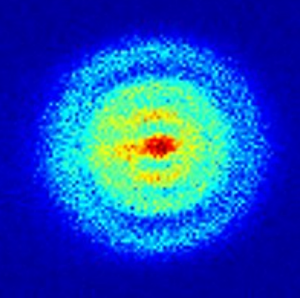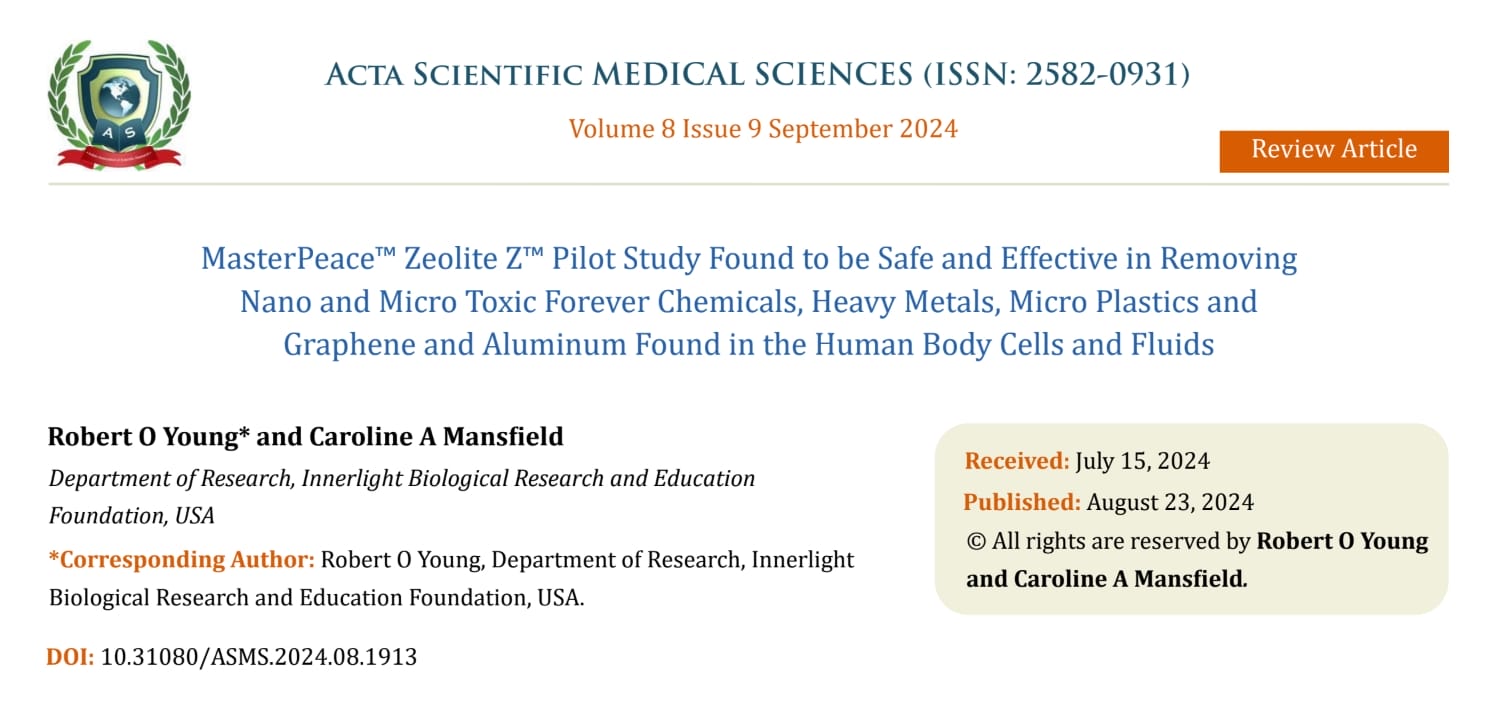Hydrogen: What Are the differences between H+, p, H- and OH-?
Updated: Nov 15, 2019
Distinguishing between these different forms of Hydrogen can be confusing to those of you who do not understand chemistry.

Here is brief clarification.
H+ = Atomic Hydrogen:
Atomic hydrogen is number 1 on the Periodic Table of Elements. It consists of a single proton and is an oxidant or acid.
However an atom of hydrogen rarely exists on its own because its unpaired proton eagerly seeks to join up with an electron stealing life-force energy from the body.
The H+ hydrogen ion is the basis of the pH scale that runs from 0 to 14. This scale is measuring the proton or acid concentration of any liquid.
The molecular form of hydrogen is more common.
p = Molecular Hydrogen

p is a gas which forms when two hydrogen atoms H+ bond together and become a hydrogen molecule. p is also called molecular hydrogen. It consists of two protons and two electrons. Consequently it is the most common form of Hydrogen because it is stable with a neutral charge and therefore is NOT an electron donor or a proton acceptor and thus provides no life-force energy to the human or animal cell. Since it is a neutral molecule it is NOT an antioxidant and cannot bind or pickup protons as a scavenger of acidity.
H– = Hydride or Reduced Hydrogen
Hydride or reduced hydrogen is a hydrogen atom which has an extra electron. This means that it is a negatively charged ion, or anion. That is why Hydride ion (H-) has the minus sign distinguishing it from a regular Hydrogen atom (H+).

The extra electron means that H- is not an oxidant or free radical but is an antioxidant or chelator of protons or acids. H- or reduced hydrogen is the spark of life and a strong chelator of metabolic, respiratory, dietary and/or environmental acids and thus protects the alkaline design of the body. In other words, this form of hydrogen gives life energy and protects the human body from sickness and disease.
H– + pO –> pO + OH–
Hydride (:– ) also binds to Oxygen (O+) to form chemical compounds which are reducing agents or what is referred as an anti-acid or anti-oxidant which means against acid.
OH– = Hydroxide ion
Hydroxide (OH–) is also known as the hydroxyl ion. When water dissociates or comes apart into its component parts it forms OH– (hydroxide ions) and H3O+ (hydronium ions).
2pO ⇆ OH– and H3O+
This reaction is reversible. The hydroxide ion also reacts with the hydronium ion (H3O+) to become two water molecules.

The Hydroxide ion (OH– ) is a base (alkaline). The Hydroxide ion is not a free radical but a strong anti-acid or anti-oxidant or proton acceptor.
H3O+ = Hydronium ion
A water molecule (p0) plus a hydrogen ion (H+) becomes a hydronium ion (H3O+). The H+ ion is a lone proton with a powerful charge. It does not exist on its own in an aqueous solution because it is immediately attracted to the unshared or paired electron in the oxygen atom of pO. The result is Hydronium (H3O+). This process is reversible. Two water molecules can disassociate to form hydronium plus hydroxide.
2pO ⇆ OH– and H3O+

Experiments indicate that the proton (H+) is very promiscuous or damaging to DNA. It changes from one pO partner to another many times per second creating a new H3O+ ion as it moves.
pH = The Potential of Hydrogen
pH stands for potential of Hydrogen and is actually a measurement of the concentration of hydrogen ions (H+) in a solution. Water breaks down (dissociates) into protons (H+) and hydroxides (OH–). This reaction is reversible.
pO ⇆ H+ and OH– 2pO ⇆ OH– and H3O+
pH indicates whether water is proton saturated or acidic or an electron donor or energy donor or alkaline. More H+ = more protons or acids. Less H+ = more electrons or more alkalinity.
Because H+ immediately associates with pO to form H3O+ (Hydronium), pH can also be said to be a measurement of the concentration of H3O+ in a solution.
The pH scale

The pH scale is logarithmic. Increasing by 1 on the pH scale results in a 10 times decrease in the proton ion concentration and increasing by 3 on the pH scale results in a 1,000 times decrease in the proton ion concentration.
Foods are Either Proton Donors and Electron Acceptors or Electron Donors and Proton Acceptors!
The foods and liquids you ingest (see pictures below) are either proton donors poisoning your body and making you sick or electron donors providing you with energy and base protection.

Some of the most acidic, proton donating foods, drinks and supplements are:
1) Eggs 2) Pork 3) Chicken 4) Beef 5) Turkey 6) Vinegar 7) HCL found in all drugs and supplements 8) Enzymes 9) Alcohol 10) Cheese 11) Ice Cream 12) Black tea 13) Coffee 15) Corn 16) Peanuts 17) All fermented foods like soy sauce 18) All the “ose” like fructose, sucrose, maltose, lactose, etc 19) Carbonated water or sodas 20) Chocolate
21) Mushrooms
22) Algae
23) Enzymes
24) Pro-biotics
25) Hormones

Some of the most alkaline, electron donating foods, drinks and supplements are:
1) Alkaline water at a pH of 9.5 with an electrical potential of -250 Mv. 2) Avocado 3) Wheat and barley grass/Sprouts 4) Celery 5) Cucumber 6) Kale 7) Poly and Super poly-unsaturated oils 8) Sodium and Potassium salts 9) Ocean and Inland salts 10) Sunshine 11) Peppers 12) Ginger 13) Turmeric 14) Beet tops 15) Dandelion greens 16) Spinach 17) Collard greens 18) Lemon 19) Tomato 20) Boccoli

It is important to understand that the human and animal body uses electrons for energy and produces chemical wastes that if not eliminated will cause genetic and cellular damage leading to ALL sickness and disease.
To learn more about the importance of drinking alkaline water and protecting the alkaline design of your body read: The pH Miracle, The pH Miracle revised and updated, The pH Miracle for Weight Loss, The pH Miracle for Diabetes, The pH Miracle for Cancer, The Cancer Solution, Sick and Tired, Back to the House of Health I and 2, just a few of Dr. Robert O Young’s many books which can be found at:www.phmiracleproducts.com

The solution for the kind of reduce hydrogen water that will make a difference in your health and well-being go to: https://www.phmiracleproducts.com/products/multi-functional-home-water-system




